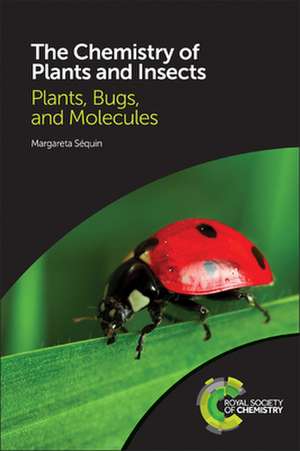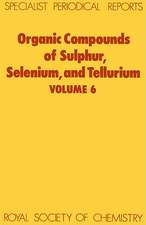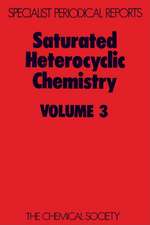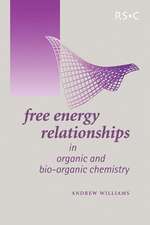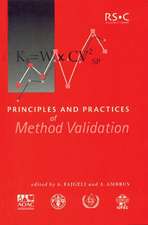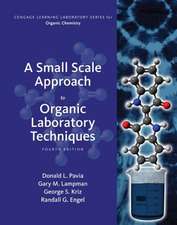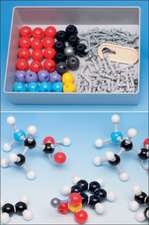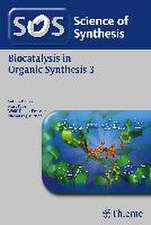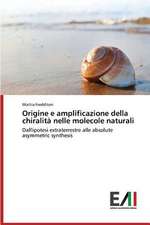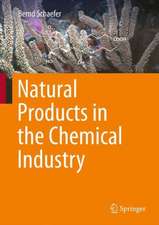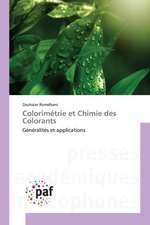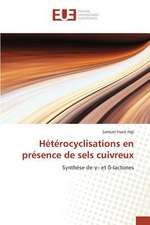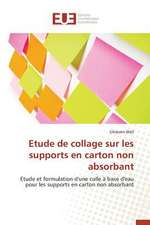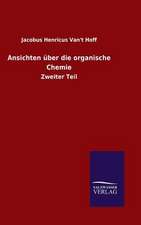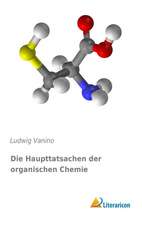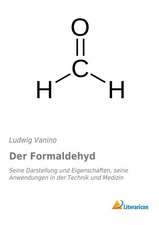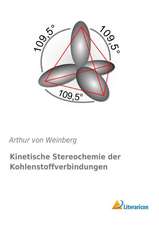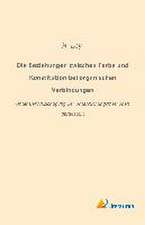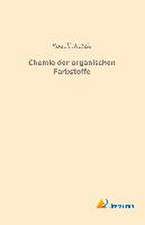The Chemistry of Plants and Insects
Autor Margareta Sequinen Limba Engleză Paperback – 27 apr 2017
Specific organic compounds and intriguing chemistry determine whether insects are keen on feeding on plants or avoid certain plants altogether. Some insects have learned to use plant compounds as their own defences, and some plants use digestive processes to use insects as nutritional supplements. Plant-insect interactions are vital for our food supply, for pollination of orchards or detrimentally in insect infestations of crops, as well as in applications like silk production.
By the author of the popular book, The Chemistry of Plants: Perfumes, Pigments, and Poisons, this book benefits from Margareta Sequin s vast experience leading field trips and seminars to botanical gardens and nature reserves, and teaching chemistry to beginners.
Organic chemistry is often seen as a challenging, sometimes abstract field. This book makes chemistry exciting and accessible for readers interested in a deeper understanding of the natural world. The book is organized according to the increasing complexity of compounds introduced, and so it also serves as a useful teaching aid for undergraduate chemistry or biology courses, and as a supplementary text for students in plant sciences, ecology, and entomology, and in horticultural programs."
Preț: 214.31 lei
Nou
41.01€ • 42.93$ • 33.93£
Carte disponibilă
Livrare economică 15-29 martie
Livrare express 04-08 martie pentru 22.22 lei
Specificații
ISBN-10: 1782624481
Pagini: 135
Dimensiuni: 234 x 158 x 17 mm
Greutate: 0.32 kg
Editura: Royal Society Of Chemistry
Textul de pe ultima copertă
Have you ever wondered how plants attract certain insects, or how insects communicate with each other? This book explains the natural chemical compounds that determine the fascinating interactions between plants and insects providing a gentle and absorbing introduction to organic chemistry that is highly relevant to everyday life and to the natural world.
Specific organic compounds and intriguing chemistry determine whether insects are keen on feeding on plants or avoid certain plants altogether. Some insects have learned to use plant compounds as their own defences, and some plants use digestive processes to use insects as nutritional supplements. Plant-insect interactions are vital for our food supply, for pollination of orchards or detrimentally in insect infestations of crops, as well as in applications like silk production.
By the author of the popular book, The Chemistry of Plants: Perfumes, Pigments, and Poisons, this book benefits from Margareta Sequin s vast experience leading field trips and seminars to botanical gardens and nature reserves, and teaching chemistry to beginners.
Organic chemistry is often seen as a challenging, sometimes abstract field. This book makes chemistry exciting and accessible for readers interested in a deeper understanding ofthe natural world. The book is organized according to the increasing complexity of compounds introduced, and so it also serves as a useful teaching aid for undergraduate chemistry or biology courses, and as a supplementary text for students in plant sciences, ecology, and entomology, and in horticultural programs.
